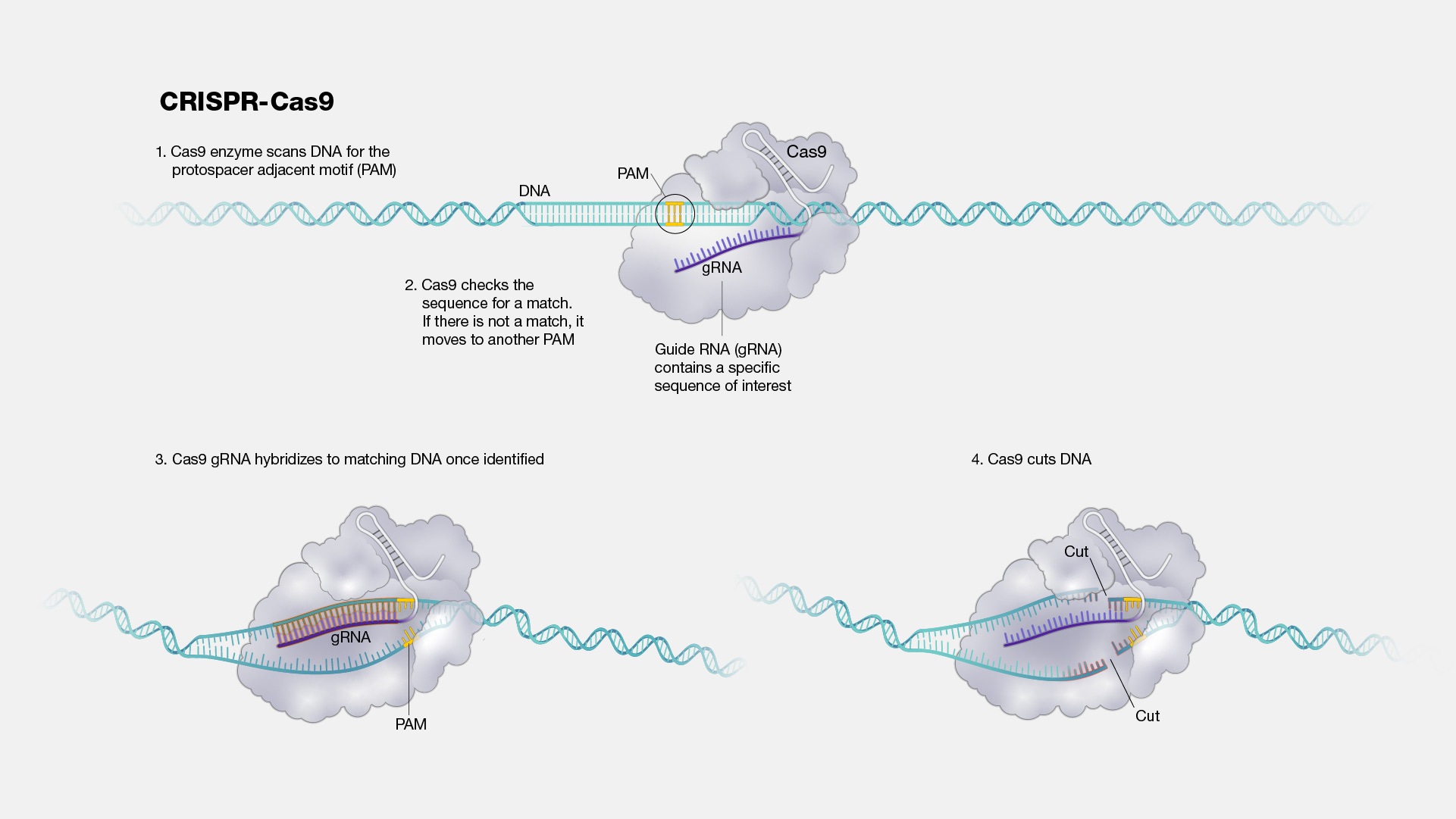The six letters that always modified technological know-how will soon be the challenge of heaps of words as a burst of recent books on CRISPR genome enhancement make their way toward a retailer close to you.
From famed biographer Walter Isaacson, one promises a sweeping narrative from that double helix discovery to those CRISPR youngsters in China. Another will choose aside the potential of removing infectious diseases, even as a third pursuit, to make the underlying science understandable. Still, others ask whether or not any of this gambling God commercial enterprise is ethically sound.

It’s a crowded field, but one free of aggressive anger. While the laboratories behind the genome-enhancing era have fought it out in court docket, the corresponding ebook writers have broadly exchanged supportive emails and touch calls. And each believes the good-sized implications of CRISPR make room for a mess of books.
“It’s like we’re all writing cookbooks, but we’ve got special desires and agendas,” stated Françoise Baylis, a Dalhousie University bioethics professor whose ebook will pop out in September. “Some are concerned with exceptional results and vegetables; a few are searching at different ethnic cuisines, and a few offer advice on how to consume on $5 a day.”
Isaacson’s approach is more significant than a survey of culinary records. The creator, fine acknowledged for his biographies of Albert Einstein and Steve Jobs, said his fascination with CRISPR is an herbal outgrowth of those in advanced works. Isaacson stated that the first half of the twentieth century was formed by way of physics, inspiring his ebook about Einstein. The second half became written about the facts era and the ever-shrinking microchip, which led him to his 2011 biography, “Steve Jobs.”





